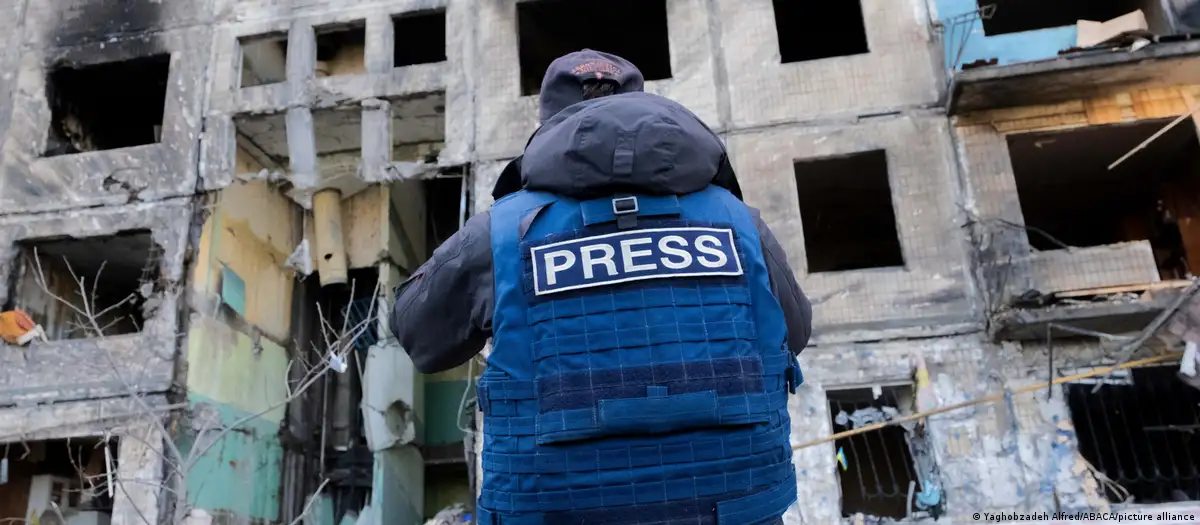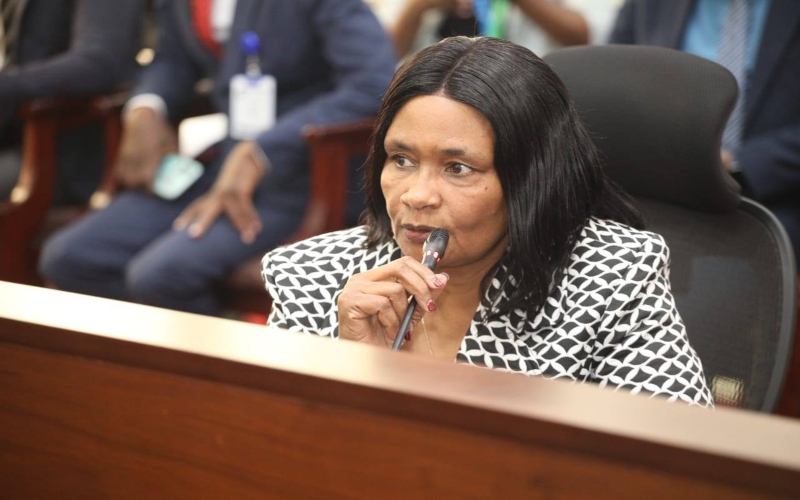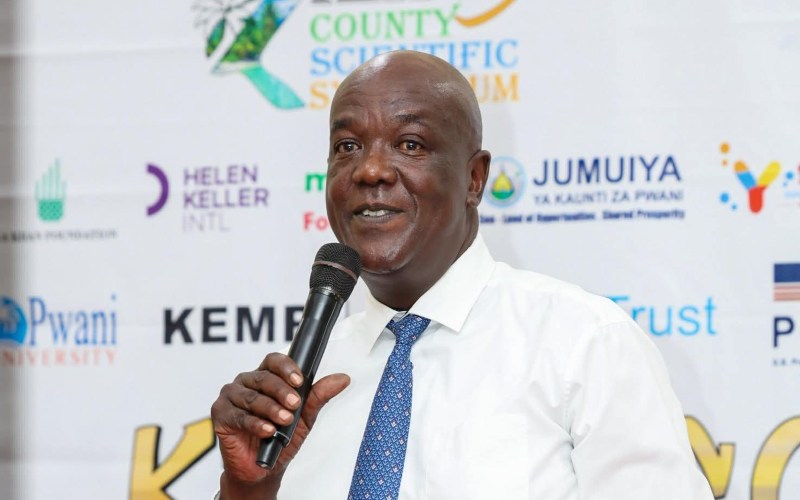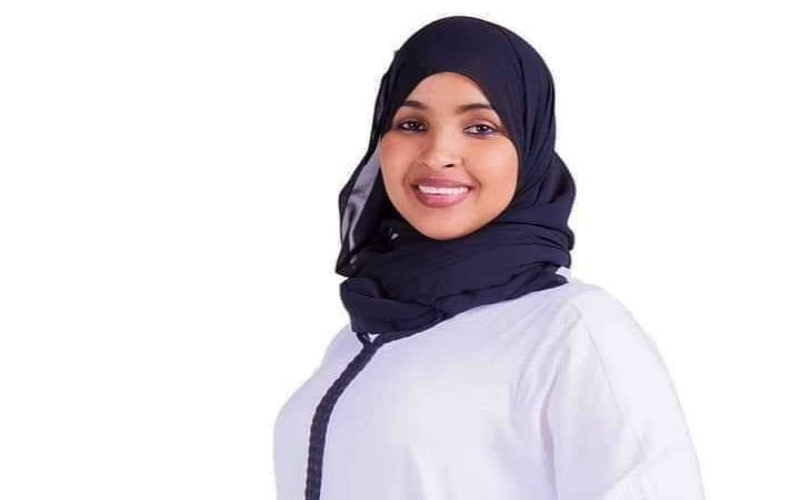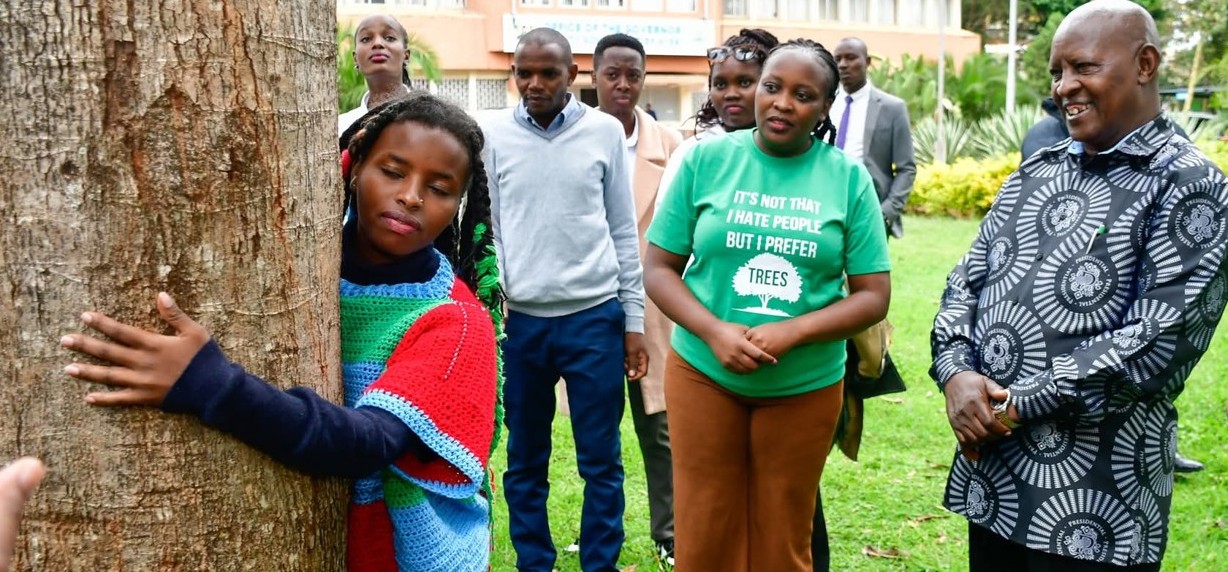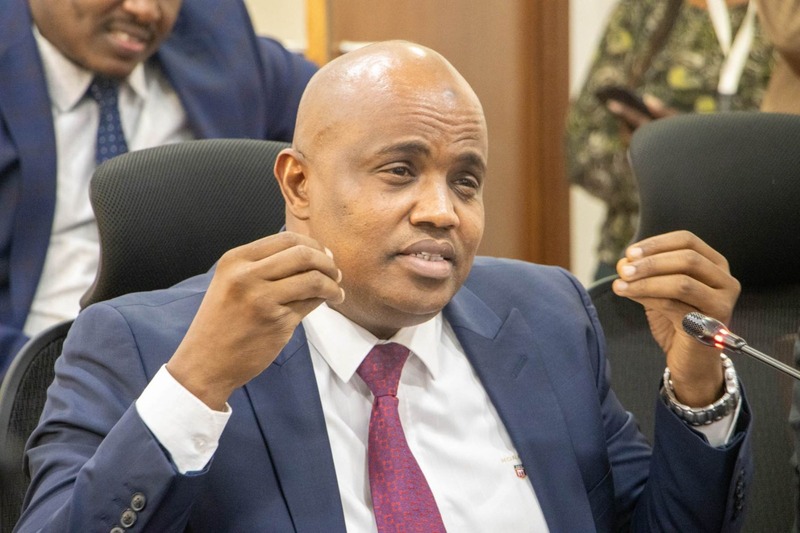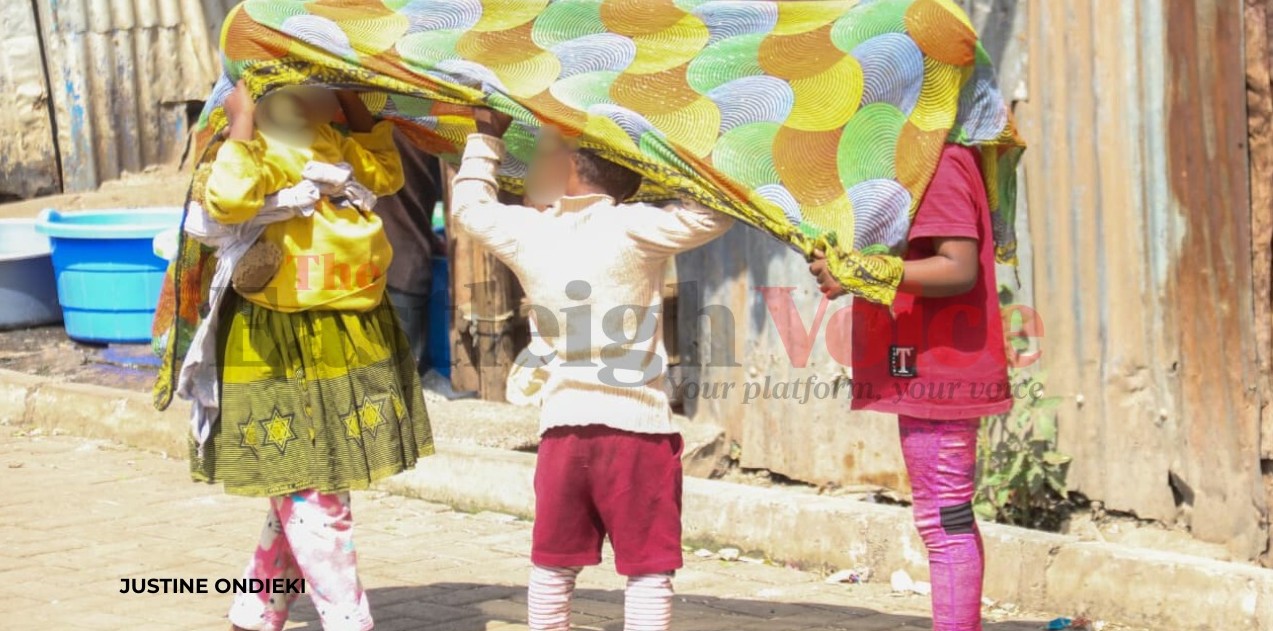Explainer: What you need to know about the Burundi elections
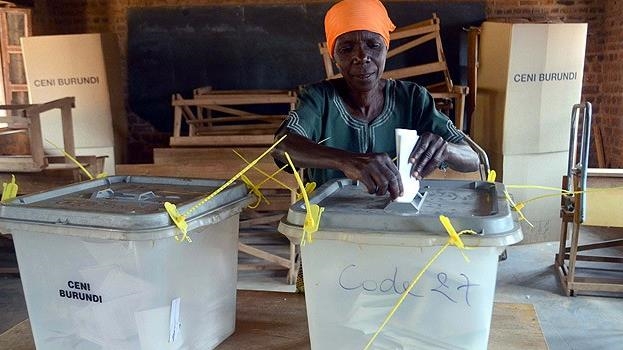
Voters will be choosing MPs to sit in the National Assembly, which has 123 members.
Burundians will take to the polls on Thursday in the country's first national election since President Évariste Ndayishimiye came to power, following the death of his predecessor, Pierre Nkurunziza, in June 2020.
Although Ndayishimiye will not be on the ballot, since he is serving a seven-year term expiring in 2027, the vote is seen as an important test of his leadership and the popularity of his party, the Council for the Defense of Democracy–Forces for the Defense of Democracy (CNDD-FDD).
More To Read
- OPINION: Before pointing at Rwanda, Belgium must finally confront its own African history
- Burundi’s absence forces EAC to push back key ministerial session
- Burundi becomes Africa’s 8th country to eradicate trachoma
- DRC conflict sparks surge in sexual violence against refugee children in Burundi
- Rwanda planning to attack Burundi, claims President Ndayishimiye
- Rwanda and Burundi in talks to reduce regional tensions from DRC conflict
CNDD-FDD has been in power since 2005. The party started as a rebel group during the country's civil war but has controlled the government for nearly two decades.
Voters will be choosing MPs to sit in the National Assembly, which has 123 members. Out of these, 100 will be directly elected, while the remaining 23 seats are reserved for special groups. Burundians will also vote for local council representatives.
As Burundians cast their votes, many will be watching closely to see whether the ruling party can maintain its hold or whether the opposition will gain ground.
Here's everything you need to know about the polls;
Ethnic tensions remain high
Burundi's history of conflict between the majority Hutu and minority Tutsi groups still influences its politics today. Experts say that while some reforms have helped bring more peace, the tensions between communities are still strong.
Last year, things almost got worse when leaders from the ruling regime started proposing changes to the rules that reserve government and parliament seats for different ethnic groups. However, President Ndayishimiye calmed the situation by convincing his team to delay the talks for another five years.
Experts say the tensions haven't disappeared, but they are being kept under control and haven't turned into serious violence. However, the issue remains a problem, especially for smaller groups like the Twa, who often feel left out of national politics.
Burundi's voting system aims for fairness but remains complicated
Burundi's election system is designed to promote fairness among different ethnic groups and women, but it's not easy to implement. Instead of voting for individual candidates, people vote for political parties. The number of seats each party gets in Parliament depends on how many votes they receive.
To ensure balance, the law says 60 per cent of seats must go to Hutus and 40 per cent to Tutsis, with three extra seats saved for the Twa community. At least 30 per cent of all seats must also go to women.
While this system is meant to include everyone, it's tougher for independent candidates, who must get 40 per cent of the vote to win a seat, which is much higher than the 2 per cent required for political parties.
Experts say the rules look fair on paper, but in real life, they make it hard for smaller parties and independent voices to gain a place in Parliament.
Ruling party still strong as opposition struggles
Burundi's ruling party, NDD-FDD, continues to hold a strong grip on power and is closely tied to many parts of the government.
In contrast, the main opposition party, the National Congress for Liberty, has been weakened after its leader, Agathon Rwasa, was ousted earlier this year, causing confusion and division among its members.
In an effort to push back, four smaller opposition parties came together in December 2024 to form a new group called Burundi Bwa Bose, meaning "Burundi for All."
But experts say the coalition is too small and lacks the finances and strength to seriously challenge the ruling party.
Slow economic growth, ongoing regional tensions cloud Burundi's future
The vote comes at a time when many Burundians are facing tough economic conditions. The country is already one of the poorest in the world, and rising food prices have made life even harder for ordinary people.
Burundi's economy continues to struggle due to limited international support, ongoing corruption, and a lack of foreign investment.
While President Ndayishimiye is expected to seek more aid and development deals by working with other African countries and international partners, experts believe progress will be slow.
Political tensions with Rwanda are also expected to remain high. Burundi has accused Rwanda of supporting rebel groups such as RED-Tabara, while continuing to work closely with the Democratic Republic of Congo.
Analysts say this strained relationship is likely to result in more border restrictions and continued mistrust between the two countries.
Top Stories Today
